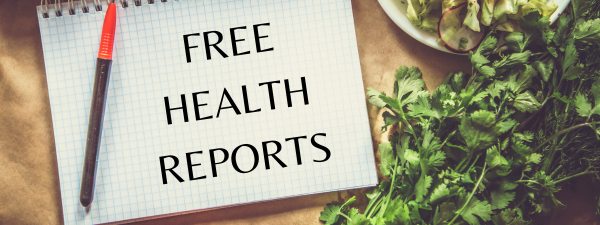Empty calories are a healthy person’s nemesis. With so many tasty and nutritious beverages in the world, why would anyone want to waste calories (and money) on sugary, health-compromising sodas when there are so many alternatives? Coconut water has been trending for years now, but there’s a new healthy beverage on the rise: cactus water.
Just like coconut water, cactus water made from prickly pear cactus has multiple health benefits:
- It’s loaded with antioxidants, vitamins, and minerals.
- It’s believed to give your immune system a boost.
- It has anti-inflammatory properties.
So what’s the difference between coconut water and cactus water (aside from the obvious fact that they come from different foods)? Here’s what you need to know about the two health drinks.
Coconut Water
The popularity of coconut water is tied to the rise in awareness of corn syrup’s negative effect on health, in addition to the many surfacing coconut water benefits, of course. For anyone leaving the soda train, coconut water has been a popular option for some time because it’s slightly sweet.
The Perks
Loaded with potassium while low in carbs and sodium, coconut water sounds perfect for health-conscious consumers. If you need a quick way to rehydrate, coconut water is for you. If you’re watching your sodium intake and want to kick diet soda, coconut water is an excellent choice.
The Downsides
The market is flooded with new brands of coconut water, so it’s hard to sort out what’s actually quality Make sure you’re buying coconut water that isn’t from concentrate, as the coconut water had previously been heated to the point of losing nutrients. Further, choose one that doesn’t contain added sweeteners or flavors.
It might not be the best beverage for you if you’re an athlete. People with strenuous exercise regiments need the carbohydrates from sports drinks. Runners could benefit from the potassium, but they also need sodium, which coconut water lacks.
Cactus Water
When you’re lost in the desert, cacti will save you, right? At least, that’s how it works in cowboy movies.
Unfortunately, cacti aren’t quite the life preservers they’re made out to be. The prickly pear cactus is one of the only safe ones, but you have to cook it to reduce the acid. Too much water straight from the plant can make you sick. Cactus water is actually made from the fruit of the prickly pear cactus, not the cactus itself.
The Perks
For starters, the taste is a huge perk. Less unusual than coconut water, cactus water’s berry-taste is light and refreshing. Coconut water has a sweet flavor to it, but it’s also a bit nutty, so there’s less of an adjustment for your taste buds when you start drinking cactus water.
While antioxidants are an important selling point, cactus water has an edge over coconut water because it’s packed with betalains, which have anti-inflammatory properties and help fight cell damage. Betalains also help keep your skin looking young.
A few cocktail recipes include cactus water. And drinking cactus water is known to minimize hangovers. While it doesn’t work as a cure-all, it will help to fight dry mouth and nausea the next day.
If you’re fighting a war against empty calories, cactus water is your new best friend because it contains much fewer calories and sugar than coconut water — about half.
The Downsides
It’s expensive. If you’re on a budget, you might have to decide if cactus water is worth the cost of an average 12-pack: $35. Coconut water runs about half that cost, depending on the brand.
The Winner?
It depends on why you’re drinking the beverage. If you’re an athlete or runner and have to pick between the two, coconut water is the winner, but remember to add some sodium to your diet post-race. While coconut water is low in carbs, it still has more than cactus water, and athletes need carbs.
But for the average-level exerciser, cactus water is best based on caloric content. (Though needless to say, calorie-count is not the only, or even most important factor to consider when choosing foods and beverages.)
If you’re looking to trade out a higher calorie or less healthy beverage option like concentrated juices or sodas, either of these waters will provide your body with a healthy burst of hydration.
(Source: naturalsociety.com; July 11, 2015; http://tinyurl.com/nux7vrb)




